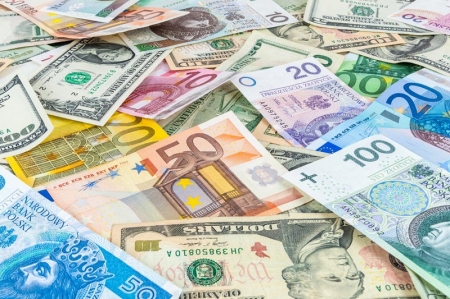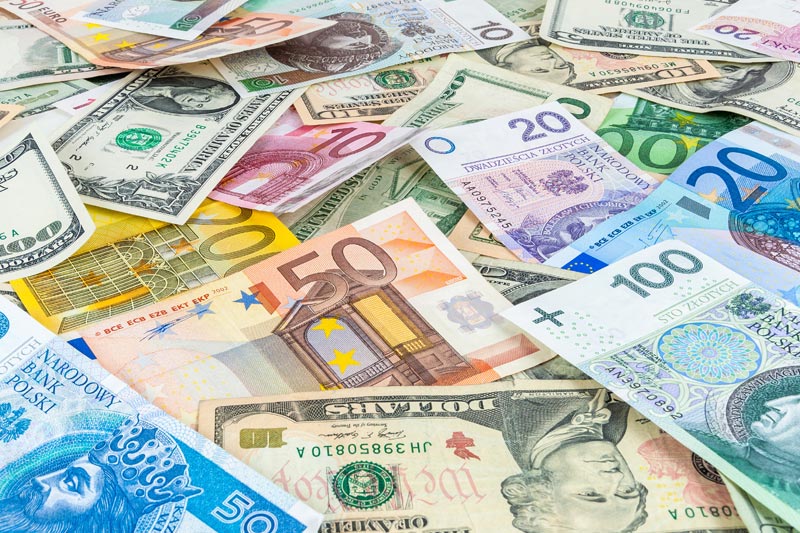
Investing.com – Analysts at Capital Economics have expressed doubts about the sustainability of the recent rise in the Korean won. Although the currency has gained about 1.4% against the US dollar this year, they expect the uptrend to reverse.
The Korean won has shown resilience in the face of a generally strong US dollar, even moving slightly lower against it today. The currency’s performance has been remarkable, especially given the change in relative yields, which has not favored the won.
Political turmoil in South Korea has investors worried, but the country’s political institutions have withstood the challenges and fears of widespread industrial unrest have not materialized. This stability is reflected in South Korea’s main stock market index rising 5.0% year-to-date.
However, the won has fallen significantly since the start of the fourth quarter of 2024 and is considered the worst performer among emerging market currencies since martial law was briefly imposed in early December. While a resolution to the political crisis could potentially lead to a further rally, Capital Economics remains skeptical.
Analysts said the won’s weakness in the previous year was largely due to a significant shift in yield differentials caused by weak macroeconomic data and unexpected monetary policy actions such as rate cuts in late November followed by dovish central bank forecasts.
They forecast that the Bank of Korea will continue to cut interest rates more aggressively than investors currently expect to support economic growth and keep inflation low, which is likely to further widen the yield gap against the won.
In addition, Capital Economics predicts that the weakening of the Chinese currency, expected in response to harsh US tariffs, will put downward pressure on the Korean won. Historically, movements in the renminbi have had knock-on effects on other Asian currencies, including the won.
This article was created with the help of AI and reviewed by an editor. For more information please see our Terms and Conditions.


